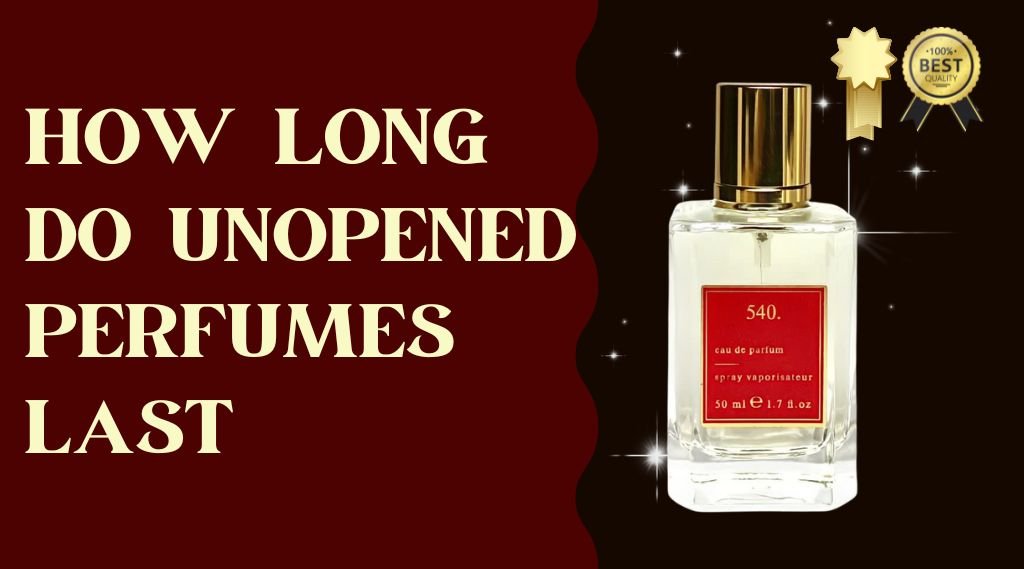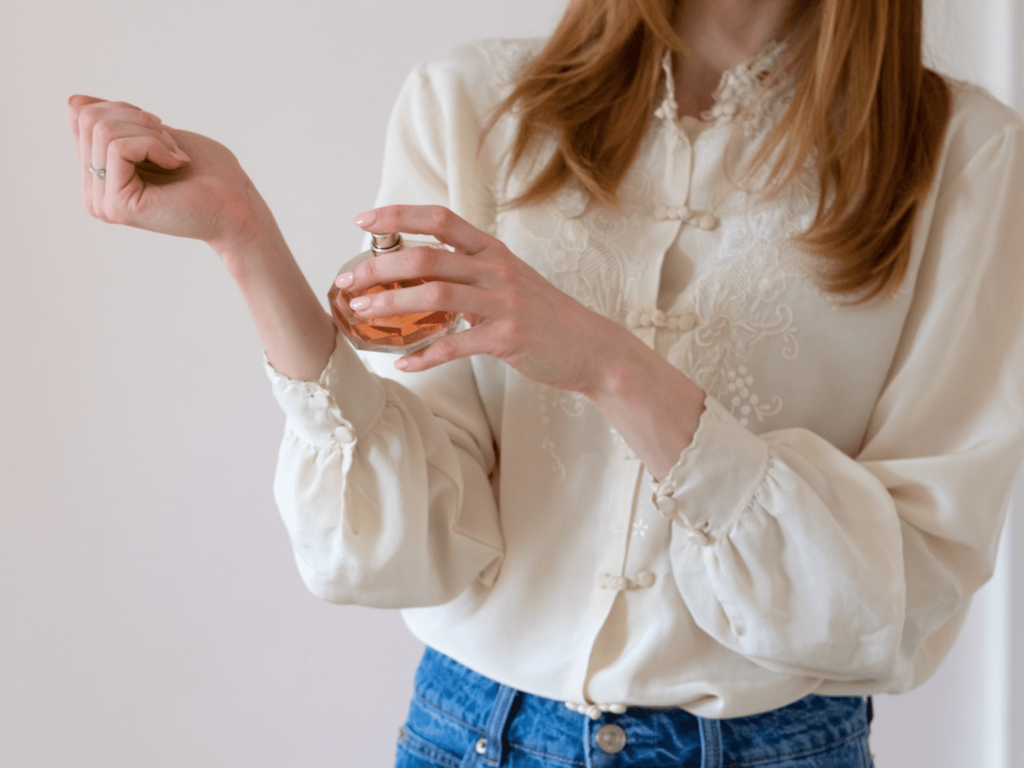Blog
How Long Does Perfume Last? Shelf Life Explained
How Long Does Perfume Last? Shelf Life Explained
Perfume, like any other product, has a shelf life. While it doesn’t “expire” in the traditional sense, its scent can change over time, often losing its original composition or turning unpleasant. Understanding how long perfume lasts, what factors affect its shelf life, and how to properly store it can help you make the most of your favorite fragrances. This article will dive into the science behind perfume’s longevity, tips for preservation, and how to tell if your perfume has gone bad.
What Is the Shelf Life of Perfume?
Perfume typically lasts between three to five years. However, this range is not fixed and depends on several factors such as the composition of the fragrance, storage conditions, and the quality of ingredients used. Some perfumes, particularly those with higher concentrations of oils, can last even longer when stored correctly.
The shelf life can vary depending on the type of perfume:
- Pure Parfum (Extrait de Parfum): These have the highest concentration of fragrance oils, often lasting longer than other types due to their potency. Properly stored, they can maintain their quality for up to 10 years.
- Eau de Parfum (EDP): With slightly less oil concentration, EDPs typically last around 3 to 5 years.
- Eau de Toilette (EDT): These lighter, more diluted formulations tend to last closer to 2 to 4 years.
- Cologne and Body Sprays: Due to their lower oil content, they have the shortest shelf life, usually lasting 1 to 3 years.
 How to Tell If Perfume Has Gone Bad
How to Tell If Perfume Has Gone Bad
Over time, the ingredients in perfume can degrade, causing the scent to change. Here are some signs that your perfume may have expired:
1. Change in Smell
The most obvious indicator is the scent itself. If your perfume smells different from when you first purchased it, it may have started to break down. A sour, metallic, or overly alcohol-heavy smell often indicates spoilage.
2. Discoloration
Fresh perfumes are usually clear or slightly tinted. If your perfume turns yellow, brown, or cloudy, this is a sign of oxidation, which occurs when the fragrance interacts with air or light over time.
3. Separation
Perfumes are a blend of oils and alcohol, and if you notice the liquid separating into layers, this is a clear sign that the product has deteriorated.
4. Changes in Texture
A perfume that feels sticky or thicker than usual is another indication that it may no longer be good to use.
Factors That Affect Perfume’s Longevity
Several factors influence how long a perfume lasts, from its ingredients to how it’s stored. Here’s a breakdown:
1. Ingredients
Perfumes with a high concentration of natural ingredients may have a shorter shelf life than those with synthetic components. Natural elements, while luxurious, are more prone to breaking down over time.
Certain fragrance families also age differently:
- Citrus-based scents degrade faster due to their volatile nature.
- Oriental and woody fragrances tend to have longer shelf lives because of their stable base notes like amber, sandalwood, and musk.
2. Exposure to Light
Perfume bottles exposed to direct sunlight are at a higher risk of oxidation, which can break down the fragrance oils. Ultraviolet (UV) light accelerates the chemical reactions that cause perfumes to deteriorate.
3. Air Exposure
Each time you spray perfume, air enters the bottle. Over time, this air can oxidize the fragrance oils, altering the scent. Perfumes with poor-quality sprayers or open containers degrade faster than those with secure seals.
4. Heat and Humidity
Excessive heat can alter the molecular structure of perfume, causing it to lose its intended scent profile. Similarly, high humidity levels can introduce moisture, further destabilizing the fragrance.
5. Bottle Design
The design of the perfume bottle plays a role in its longevity. Dark or opaque bottles offer better protection against light, while airtight caps or sprayers minimize air exposure.
 Tips for Storing Perfume to Extend Its Shelf Life
Tips for Storing Perfume to Extend Its Shelf Life
To maximize the longevity of your favorite fragrances, follow these storage tips:
1. Store in a Cool, Dark Place
Keep your perfumes in a drawer, cabinet, or closet away from sunlight. A constant temperature of around 15-20°C (59-68°F) is ideal. Avoid storing them in bathrooms, as the heat and humidity from showers can accelerate deterioration.
2. Use the Original Box
Perfume boxes are designed to protect the product from light and temperature fluctuations. Keeping your bottles in their original packaging can add an extra layer of protection.
3. Avoid Frequent Spraying
Using a perfume too often introduces more air into the bottle. If you have a large collection, rotate your fragrances to prevent any one bottle from being overexposed.
4. Keep Bottles Sealed
Always close the cap tightly after use to minimize air exposure. For perfumes without a sprayer, consider transferring them to an atomizer with a secure seal.
5. Refrigeration
While not necessary for all perfumes, storing high-value or rarely used fragrances in a wine cooler or dedicated mini fridge can help preserve them, especially in hot climates. However, avoid freezing temperatures, as these can damage the molecular structure of the perfume.
What to Do with Expired Perfumes
If a perfume has expired but still smells pleasant, you can repurpose it rather than throwing it away:
- Room Freshener: Spray it on curtains, carpets, or cushions to freshen up your home.
- Drawer Sachet: Add a few drops to cotton balls and place them in drawers or closets.
- Art Projects: Use the bottle as a decorative piece for your vanity or as a creative centerpiece.
When to Replace Your Perfume
Even with proper care, perfume will eventually lose its magic. If you notice significant changes in smell or appearance, it’s time to replace the bottle. For perfumes that you treasure, consider buying smaller sizes to ensure you use them while they’re still fresh.
Conclusion
Perfume is an investment in your personal style and self-expression, so understanding its shelf life and how to care for it is essential. While most perfumes last between three to five years, proper storage can significantly extend their lifespan. By recognizing the signs of expiration and following best practices for storage, you can enjoy your favorite scents for as long as possible. Remember, a well-maintained perfume not only smells great but also retains the emotional connection and memories tied to it.


